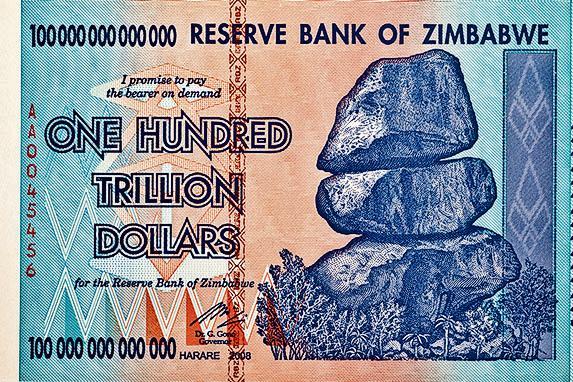Wealthy Millennial’s Turning To Crypto

However, in an article written by Forbes in 2019, it is estimated that millennials will be five times as wealthy as they are today by the year 2030.
This is because, by 2030, they stand to inherit $68 trillion from their baby boomer parents, the greatest transfer of wealth in modern time.
Millennials are those born between the years 1981 to 1996 with the youngest being 24 years old and the oldest being 39 years old. In a report by The Coldwell Banker, there are currently 618,000 millennial millionaires in the U.S.
This means that approximately 2% of millionaires in the U.S are millennials. This is a drastic difference between them and their baby boomer parents and this is because both generation’s experiences were very different.
For Baby Boomers, they benefited from a great economy that provided safe, stable, and well-paying jobs. On top of that, the cost of college was significantly lower with the average annual cost of a private school in 1964 being $1,088.
With a stable income and low college cost, they had more control over their income and were able to invest more of their money. Adding all of that together with the massive increases in real estate and the stock market resulted in the wealthiest generation in history.
Wealthy Millennial’s Turning To Crypto

Some examples are lower rates of employment, insane amounts of college debt as the average annual cost of a private school in 2019 has increased to $34,740, expensive real estate, etc.
Because of their expenses and financial issues, it has either prevented many of them from investing or has deterred many of them from investing.
In fact, in a study done on millennials investing habits, 30% of millennials say that their favorite “investment” is cash.
Upon further inspection of just how different both generations are financially, the gap is even wider than one would expect. As of 2020, Bloomberg reported that millennials currently hold 4.6% of U.S wealth, approximately $5.19 trillion.
Whereas Baby Boomers are more than 10 times wealthier with them holding 53.2% of U.S wealth, approximately 59.96 trillion. The gap gets even wider when you compare the wealth of boomers when they were millennials age where boomers controlled 21.3% of U.S wealth, more than four times wealthier than current-day millennials.
So, in other words, a generation with financial difficulties that have either stopped or deterred them from investing is about to receive a substantial amount of money from their parents. So, the question becomes, what will they do with their new wealth? Well according to Nate Geraci, the president of the ETF Store and an independent investment advisor, he believes that many millennial investors will turn to crypto.
Geraci makes this claim as the majority of his millennial clients want to hold bitcoin in their portfolios but cannot as the SEC has not designated bitcoin as an ETF. In fact, when questioned by Bloomberg analyst Eric Balchunas about whether his millennial clients would actually invest in a Bitcoin CTF, he said that they are kicking other more traditional assets like gold to the curb as the overwhelming amount of his clients would prefer to invest in bitcoin
Geraci stated, “When we talk to our younger clients – we have a core gold allocation in our portfolios, and they’ll ask about that and say, ‘What about crypto?’ And if you talk to, primarily millennials, and ask them which they prefer, bitcoin or gold, it’s a landslide. It’s not even close, it’s like 90% prefer bitcoin.”
The same trend was seen in a Harris Poll survey conducted in April of 2019 where it was found that 18 to 34-year-olds are “very” or “somewhat” likely to purchase bitcoin over the span of the next five years.
This may seem insignificant but considering that 43% of millennials aren’t investing their money at all, the fact that they are even “somewhat” interested in buying bitcoin is a big deal.
Especially since according to an eToro survey conducted in February of 2019, it was found that 43% of millennials trust crypto exchanges more than they do stock exchanges. So Geraci’s claim that many millennial investors will turn to crypto is not unrealistic.






